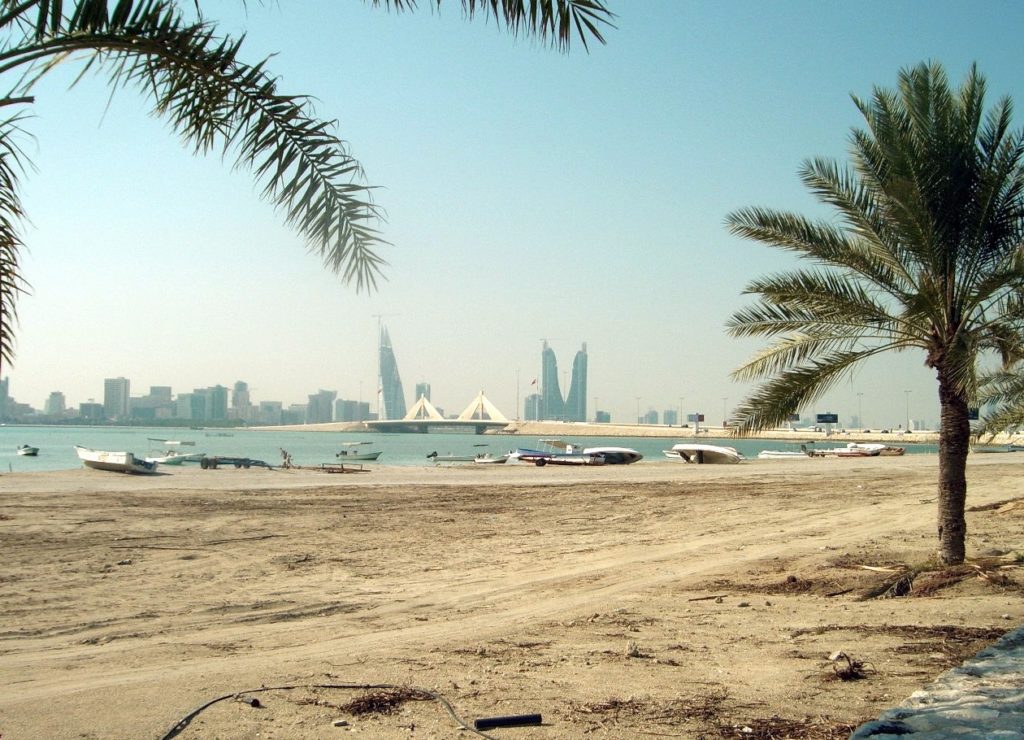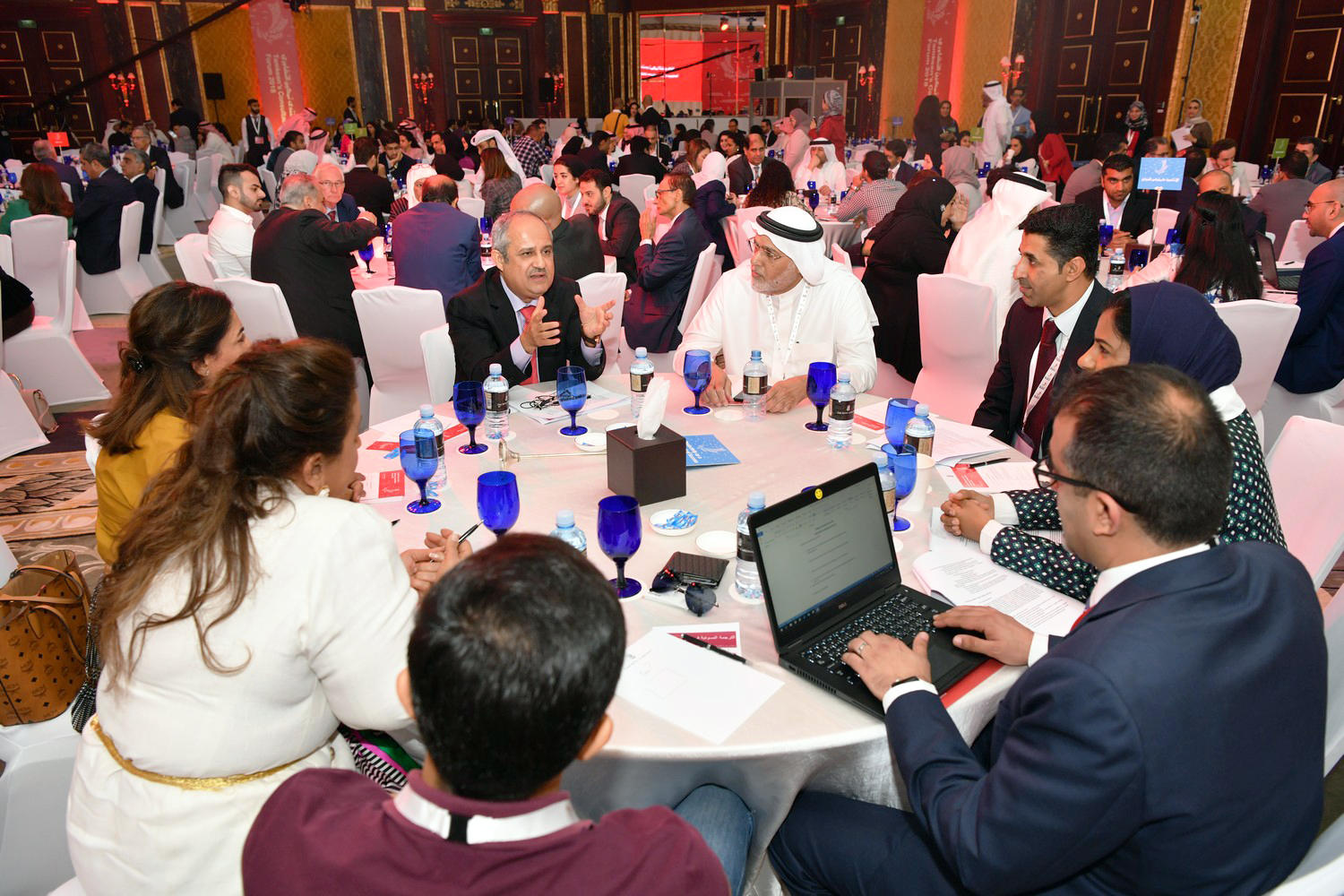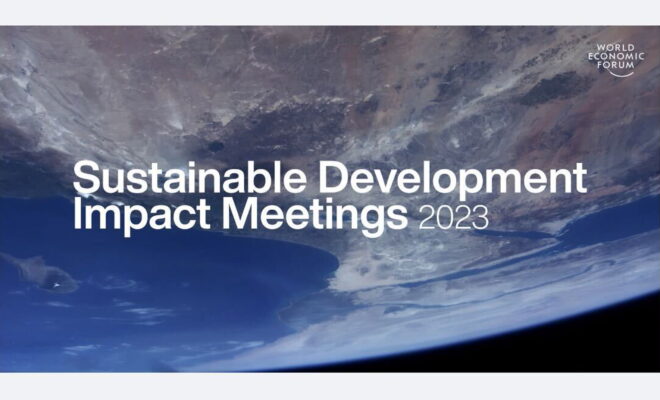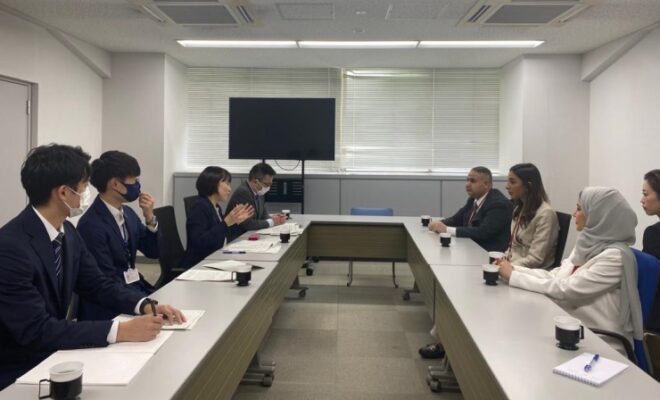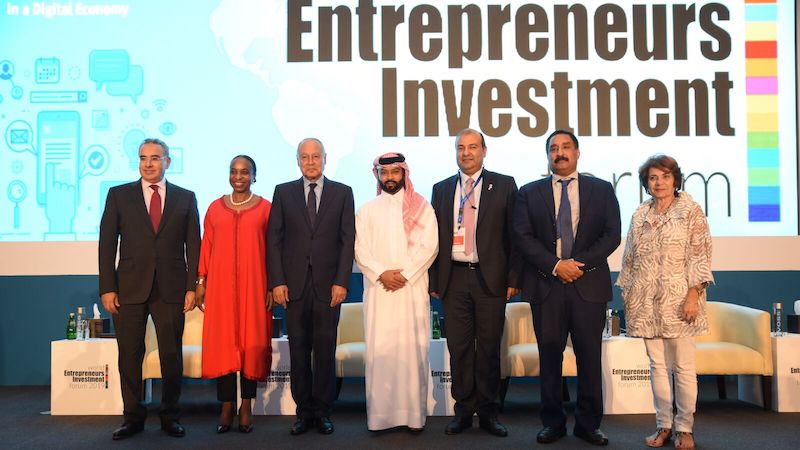Small island with big ambitions
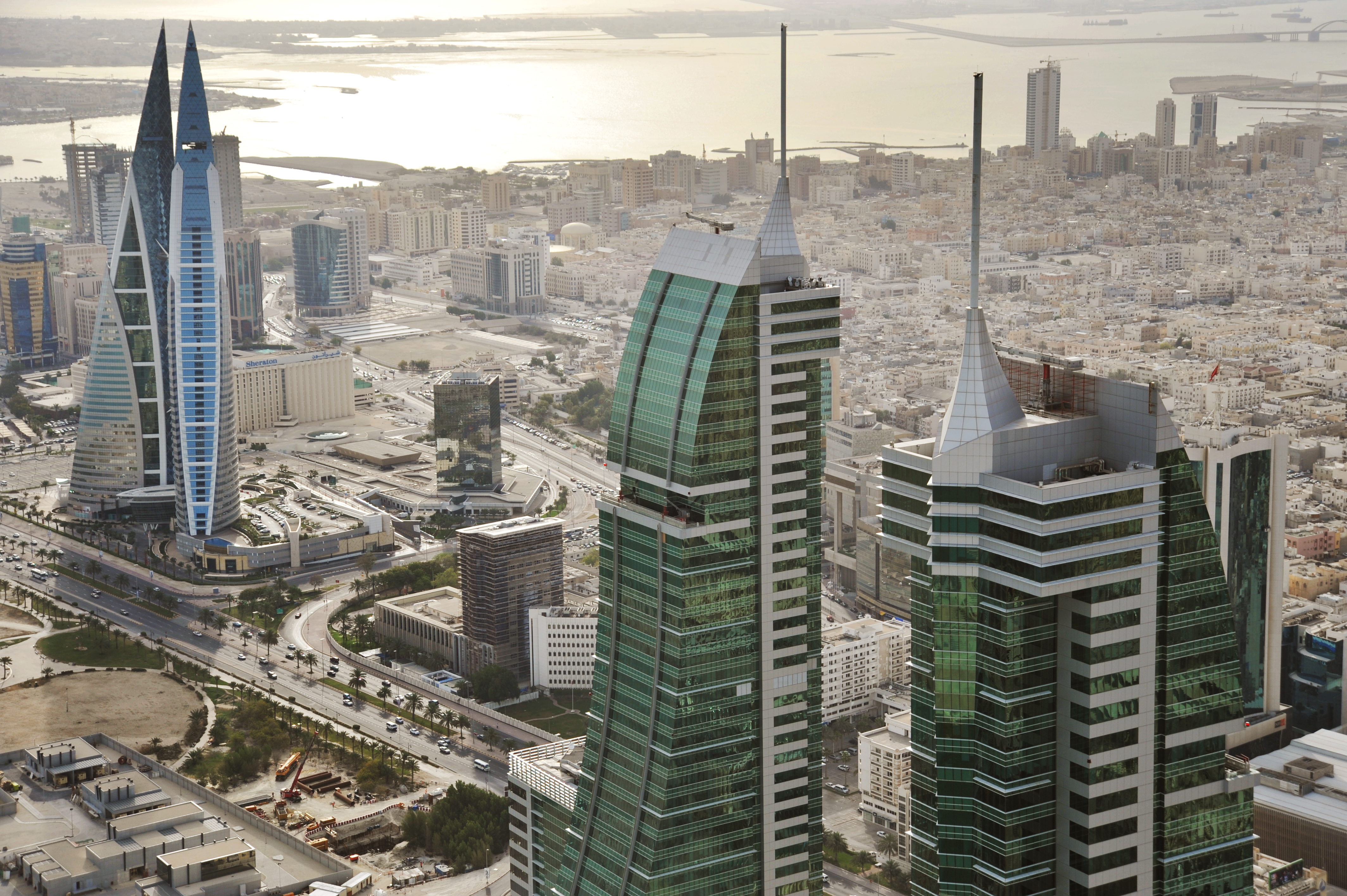
 The MIT Enterprise Forum Arab Startup Competition (ASC) has played an instrumental role in empowering startups and fostering an entrepreneurship and innovation ecosystem. For many Arab entrepreneurs, the ASC has been the fine line between surviving and thriving, providing top-tier training, mentorship, media exposure, networking opportunities and equity-free prize funding. Moreover, the ASC has become a platform for collaborative innovation across borders of the Arab region to solve global problems and create impact based on its continuous efforts over the years. The MIT Enterprise Forum (MITEF) Pan Arab 12th Anniversary Impact Report comes at a critical juncture of entrepreneurship in the Arab World. Roland Berger, a leading global consulting firm with deep entrepreneurial DNA, was asked to partner with MITEF in delivering ‘’12 Years of the MIT Enterprise Forum Arab Startup Competition: Unraveling the Entrepreneurship Maturity Index.’’ This collaboration leverages the power of implementation with passion and pragmatism – essential ingredients for successful entrepreneurship.
The MIT Enterprise Forum Arab Startup Competition (ASC) has played an instrumental role in empowering startups and fostering an entrepreneurship and innovation ecosystem. For many Arab entrepreneurs, the ASC has been the fine line between surviving and thriving, providing top-tier training, mentorship, media exposure, networking opportunities and equity-free prize funding. Moreover, the ASC has become a platform for collaborative innovation across borders of the Arab region to solve global problems and create impact based on its continuous efforts over the years. The MIT Enterprise Forum (MITEF) Pan Arab 12th Anniversary Impact Report comes at a critical juncture of entrepreneurship in the Arab World. Roland Berger, a leading global consulting firm with deep entrepreneurial DNA, was asked to partner with MITEF in delivering ‘’12 Years of the MIT Enterprise Forum Arab Startup Competition: Unraveling the Entrepreneurship Maturity Index.’’ This collaboration leverages the power of implementation with passion and pragmatism – essential ingredients for successful entrepreneurship.
Entrepreneurship in the Arab region has progressively become a bedrock of many economies over the past decade. Startups in MENA are shaping a new economic landscape across the region leveraging a culmination of several factors including technology, innovation and demand for news way of business engagement among the youth. Ideas and businesses coming out of the MENA region, combined with the renewed interest and investment in its startup ecosystem, are positioning the Arab world as a force to be reckoned with. This year, the Arab Entrepreneurship Maturity Index was introduced to provide comparative insights on the performance of startup ecosystems across the MENA region and on the underlying determinants of their successes and challenges. The index considers key comparison criteria such as infrastructure, financing, business operations and setup, distribution of information and communication tech, know-how as well as human capital in order to generate these insights.
Bahrain plays a central role within the wider MENA ecosystem in supporting the entrepreneurs who drive innovation in the region. Their impact and development are largely enabled by a vibrant ecosystem that brings together both public and private actors. Despite its relatively nascent startup ecosystem, Bahrain is highly competitive and ranks 2nd only to the UAE – an outstanding achievement. The specific strengths of Bahrain are in human capital, the local infrastructure and business setup. This is testament to the efforts made to create an enabling and supportive environment for startups and
enables Bahrain to be a unique testbed for startups and a market validator for products and services. The case of Bahrain also underlines the important role of local governments in fueling an ecosystem with initiatives to push innovation and to help enhance the quality and growth of startups in the region: Recent policy reforms were introduced to enable start-ups to test, innovate and scale quickly. Moreover, improvements to the regulatory environment such as the bankruptcy law, the data protection law, a cloud-first policy, reducing minimum capital requirements for starting a business and many more have established Bahrain as a fast growing and highly-connected business hub within the heart of the GCC.
Bahrain also demonstrates innovative ways to address existing challenges such as availability of startup funding. For example, the launch of the $100 m Al-Waha Fund-of-Funds indirectly created additional access to venture capital funding for Bahraini startups. Since then, many copycats coming out of Al-Waha have emerged in the region and attempts by other GCC countries to replicate the Amazon Web Services (AWS) win. Moreover, the recent introduction of crowdfunding regulation opened new avenues of funding not only for early stage companies but also for the many SMEs that form the economic backbone of many Arab countries – and thus builds the bridge between two important economic sources of jobs and prosperity.


